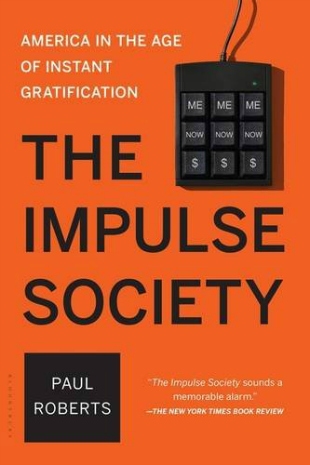"Although many voters are deeply frustrated with the extremism that has hobbled the political system, we, too, have succumbed to a much more personal and extreme form of political engagement. For too many of us, political participation is no longer about the hard work of consensus or compromise or being involved in something larger than ourselves. Rather, it has become another venue for personalized consumption — an opportunity to build our identities using the carefully packaged and quite divisive messages of the political parties.
"The result is a political system, and a political culture, as myopic as the financial sector or the consumer economy. Even as we grow more and more efficient in the pursuit of short-term political goals, such as raising campaign funds or delivering the fifteen-second, poll-tested, base-inflaming sound bite, our capacity to use the political process to solve complex, long-range challenges dwindles. The result: a political system so devoted to its own perpetuation that it is capable of little else. So we can mount election campaigns as sophisticated and aggressive as military invasions and as well-financed as an IPO. We can build elaborate and stealthy networks of patronage that gratify the short-term interests of entrenched elites. But confront that same political system with the sort of complicated, enduring problems that now threaten stable, sustainable prosperity — problems such as a hollowed-out job market, or a bankrupt health care system, or crumbling infrastructure, or a suicidal financial market bound for another meltdown — and we've all but lost the ability or the will to act. Here is the ultimate tragedy of the Impulse Society: the very mechanism through which we might begin to redirect our myopic, self-centered institutions is itself so infected by the virus of short-term narrow self-interest that it is hard to know where to start."
